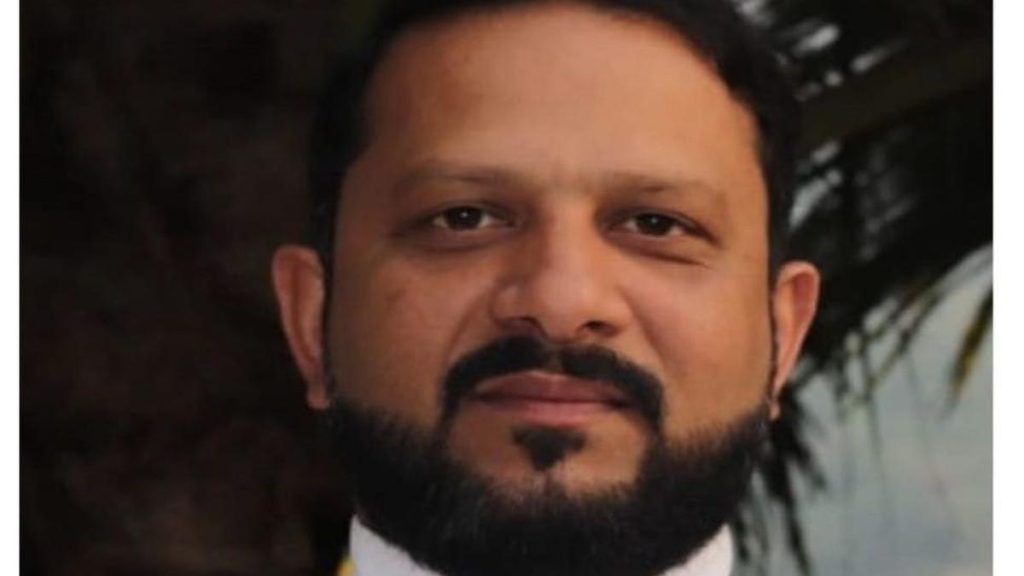Now Reading: Seaweed: Uniting Communities, Divided by Policy
-
01
Seaweed: Uniting Communities, Divided by Policy
Seaweed: Uniting Communities, Divided by Policy

swift Summary
- A team of scientists, conservationists, and agricultural producers launched the “Blue Carbon, Green Fields” project too turn excess seaweed into fertilizer while studying its environmental benefits.
- The project aimed to address nutrient runoff, support shellfish farmers, provide sustainable soil-building alternatives to chemical fertilizers, and investigate carbon sequestration.
- The USDA allocated $5 million under the Biden-era Partnerships for Climate-Smart Commodities initiative in 2023.
- however, the Trump administration canceled this initiative in April 2025 and replaced it with new policies prioritizing direct farmer funding (65% minimum), citing high administrative costs of previous projects.
- The team was forced to halt progress after receiving a termination notice but later worked on resubmitting revised applications under stricter conditions. These changes limit support for technical services previously provided by project partners.
- Many stakeholders expressed disappointment over both policy shifts and disruptions caused by administrative changes.
- Shellfish grower Joth Davis plans an self-reliant seaweed supply chain within a smaller geographic range as USDA-backed efforts falter.
Indian Opinion Analysis
The abrupt cancellation of the climate-smart commodities program reflects larger policy swings that arise from changing political administrations.While reallocating funds directly to farmers aligns with ensuring financial aid reaches producers immediately, critics argue it undermines innovative research and collaborative partnerships essential for long-term agricultural sustainability. Such disruptions not only stall projects aimed at reducing environmental impacts but also demoralize participants deeply invested in transformative solutions.
For India-a nation contending with challenges like soil degradation and climate change adaptation-this case underscores how consistent government support is critical for nurturing innovations across sectors like agriculture. collaborative models integrating scientific research could be particularly beneficial amid calls for sustainable farming practices domestically. Policymakers may take cues from such issues abroad when designing resilient systems that prioritize both immediate farmer needs and broader ecological goals.Read More: Grist Article




























